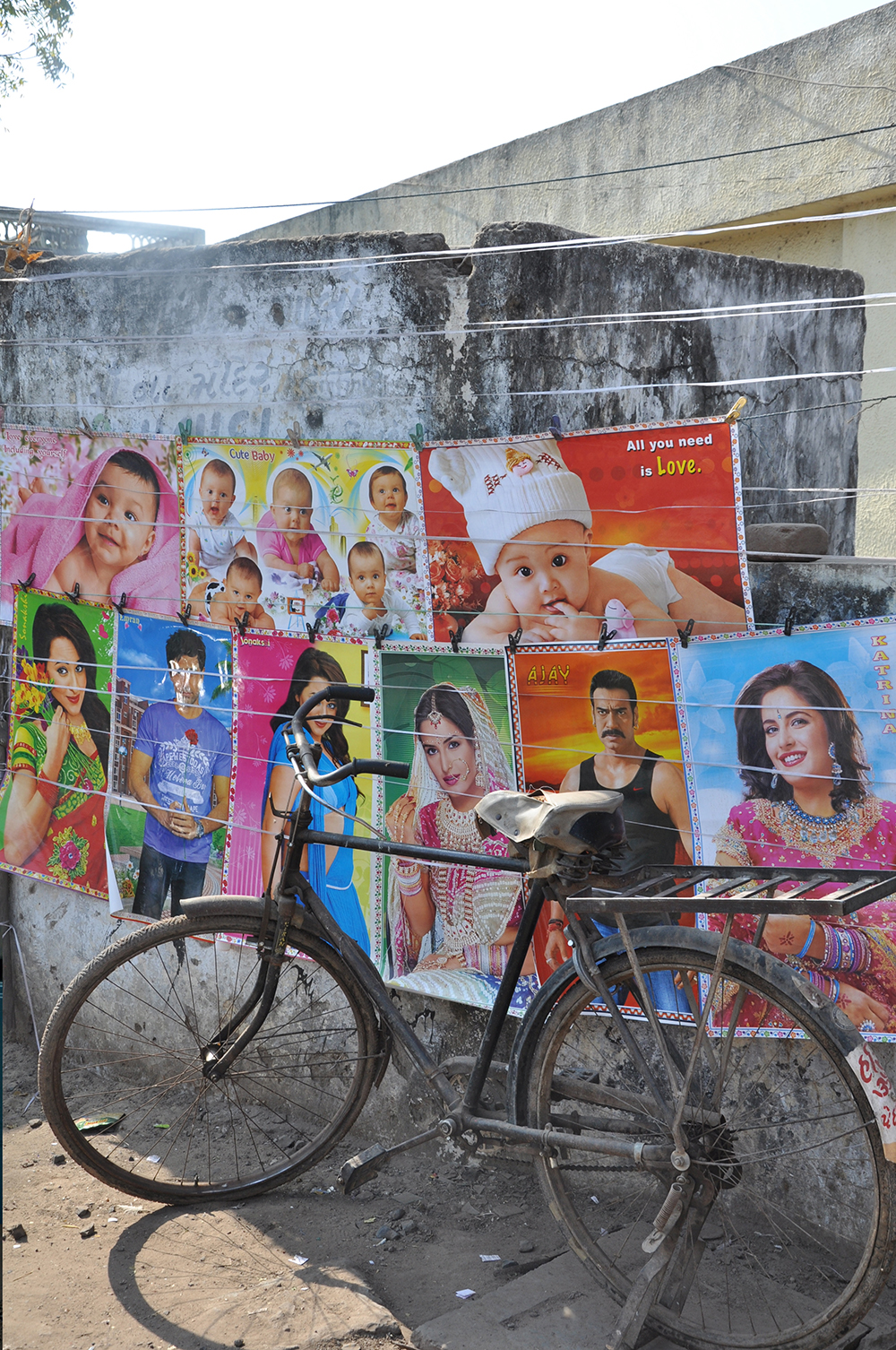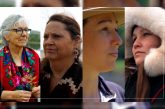
The trip Lee writes about in the following journal was an International cultural exchange funded through the Canada Council for the Arts that took place in December 2012. The Canadian Indigenous participants came together for this project through common interests in developing international Indigenous arts through an innovative and exciting partnership with India’s Chhara Nation. The collaboration created a partnership resulting in a theatre presentation as Lee describes. The project explored the connections and departures between Asian Indigenous and Canadian Aboriginal storytelling and literary work around nationhood and reclamation through the arts.
 I was invited to go to India sometime over the summer. I had been to India once before, during the previous year and I thoroughly enjoyed that first trip and so wanted to make the second one. However, while I was in India that first time, sitting in a hotel room, alone and tired, I wondered why I was willing to make these global treks by myself. I decided that if I received another international invitation, I was going to bring some younger Indigenous writers with me. To that end, I picked some of my favorites: Cherie Dimaline, Red Rooms and the girl who grew a galaxy, and Columpa Bobb, Artistic Director, Urban Native Theatre Company and author of more than twenty plays, along with Mykelle Pacquing who is working on a promising novel and in Graduate School at Trent University. We also decided to bring along artist and filmmaker, Susan Blight.
I was invited to go to India sometime over the summer. I had been to India once before, during the previous year and I thoroughly enjoyed that first trip and so wanted to make the second one. However, while I was in India that first time, sitting in a hotel room, alone and tired, I wondered why I was willing to make these global treks by myself. I decided that if I received another international invitation, I was going to bring some younger Indigenous writers with me. To that end, I picked some of my favorites: Cherie Dimaline, Red Rooms and the girl who grew a galaxy, and Columpa Bobb, Artistic Director, Urban Native Theatre Company and author of more than twenty plays, along with Mykelle Pacquing who is working on a promising novel and in Graduate School at Trent University. We also decided to bring along artist and filmmaker, Susan Blight.
The project grew from simple conference attendance in Vijayawada, in the South, to working with the Bhudan Theatre Company in Ahmedabad, Gujarat in the north to ‘conjure’ a short performance piece over a period of a week and perform it. Susan was to film the process. I really like plays when someone else writes them and I get weeks of rehearsal, so I was somewhat terrified, but since I left the business of conjuring the visit and securing the funding to my young colleagues, I went along with it. “Yes, Let’s” is a theatre convention.
There is nothing like the process of conjuring theatre and performing all in a week with a dozen or so people. First, the terror is palpable for me, but second, the willingness of the participants is awesome. You get close right away. If you love the human soul divine and can get past the terror, it is magical. Columpa is slow moving water and I am a rapid. I wanted us to get on with the business of creating the piece, but the whole first day was all about finding out who we all were, and with a significant language barrier, no less.
Columpa looked lovingly at me and said, “Patience, trust the process, this is all part of the creation”. The head of the Budhan theatre company, Dakxin Charra, came the next day, full of ideas as did his youth. My friend, Dheeman Bhattacharyya, who had visited us at First Nations House at the University of Toronto a year earlier, insisted that we do a performance of one of his favorite poems – one I happened to write- myself along with the lead woman actress Kalpana Gagdekar who has performed roles in Indian soap-operas and films. After two days, the show began to take shape.
By this time, we lost three of our team to illness. I too was ill, but thought if I said something they might not let me perform, so in between rehearsal bits, I was off to the bathroom, tossing cookies and enduring explosive diarrhea. I did not want to miss performing in the show. I had swallowed all my terror and thrown myself into the business of creation, memorized my lines, got my blocking down, so there was no way I was going to miss the good part – kicking it on stage.
 The youth were so wonderful. They were so generous. They kept telling me they were awed by my energy and learned so much from my performance. Dheeman, Columpa, and Dakxin were such a great team. They tag team-directed us; they seemed to know intuitively who was needed to take the lead and they stepped back and worked together so seamlessly it seemed as though we had one director. I have worked like this with other Indigenous people before and it is so awesome because we really do understand the business of sharing space and time and acknowledge the gifts of others.
The youth were so wonderful. They were so generous. They kept telling me they were awed by my energy and learned so much from my performance. Dheeman, Columpa, and Dakxin were such a great team. They tag team-directed us; they seemed to know intuitively who was needed to take the lead and they stepped back and worked together so seamlessly it seemed as though we had one director. I have worked like this with other Indigenous people before and it is so awesome because we really do understand the business of sharing space and time and acknowledge the gifts of others.
The theatre group also took time out to show us their community. India is such a paradox, on the one hand they are generous and kind, and on the other hand, Indigenous people are at the bottom of the social scale the same as everywhere else in the world. Poverty marks the country.
We also attended the conference and were graciously honoured. I met so many Dalit youth at the University who hovered around me like I was a rock star; I was honoured twice by the leaders of the conference. It always hits me when countries outside of my own show me so much respect and honour and I think sadly how little of that there is for Indigenous people here at home. The Indigenous people of India felt the same way about their country. There is a general malaise Indigenous people experience globally; at home, they don’t feel welcome. But truly, it was Budhan Theatre that really did it for me. We are hoping to bring the Budhan crew and other Indigenous theatre companies to Winnipeg for a giant Indigenous theatre festival sometime next year.
Coming back I got terribly ill [hospitalized kind of ill], but as I was lying there, I thought I would do it again, particularly if it was the same crew going. Thanks guys, for making this difficult trip easy.
(The photo gallery was shot by filmmaker, artist and photographer Susan Blight from Couchiching First Nation. Susan was a part of the group that made the trip to India and was inspired by the land, people and beautiful struggles she encountered there).






















